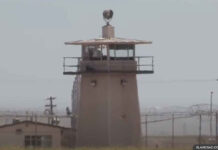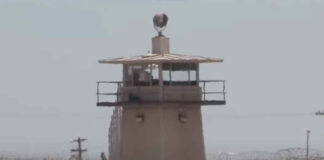The events leading up to the U.S. bombing of three nuclear facilities in Iran have stirred controversy not only abroad but also within the United States itself. U.S. support for Israel has long been a polarizing issue, and the June 21st strike has only deepened the divisions already running through the core of American politics. Interestingly, the most outspoken figures on both the far right and far left have emerged as critics of Israel—especially following the events of October 7th and the Israeli military’s ongoing efforts to dismantle terrorist organizations threatening its citizens.
A closer look at statements from prominent Democratic leaders reveals that many oppose direct U.S. involvement in the region, even if they previously supported Israel during the Gaza War. This raises questions about their current stance on Israel’s long-standing goal of preventing Iran from developing a nuclear weapon. While their opposition to Trump’s June 21st decision is framed as a constitutional concern, it reflects a broader uncertainty about how far the U.S. should go in backing Israel’s regional objectives.
Bay Area representatives have been especially vocal in condemning the president’s actions and what they view as a blatant disregard for Congress. Here’s how some responded:
Nancy Pelosi (Former Speaker, D‑CA) on X:
“Tonight, the President ignored the Constitution by unilaterally engaging our military without Congressional authorization.”
Ro Khanna (D‑Santa Clara) emphasized the need for a War Powers vote:
“Congress should return to vote on Khanna’s War Powers Resolution … to prevent America from being dragged into another endless Middle East war.”
Eric Swalwell (D‑Castro Valley) on X:
“Donald Trump is not a dictator … Congress exists,” and noted that “Congress should have been briefed, voted on and able to set parameters on this action.”
On June 22nd, roughly 300 people gathered in protest at San Francisco’s Embarcadero Plaza, denouncing the strike as a “war crime.” The demonstration reflected widespread local anger and anxiety over the implications of escalating military conflict. Protesters called for diplomacy, an end to U.S. intervention, and a renewed focus on domestic issues.
CNN has reported that the Department of Justice believes the president had the legal authority to order the strike. However, officials acknowledged that if direct U.S. involvement continues, Congressional approval will likely be required.
President Trump, meanwhile, has declared that the United States has “completely and totally obliterated” Iran’s nuclear infrastructure, calling the operation “very successful.” Still, the full consequences—both strategic and human—remain unclear. Only time will tell what long-term effects this strike will have, and whether Iran will seek retribution in response.
Andrew Martinovsky | SlavicSac.com




